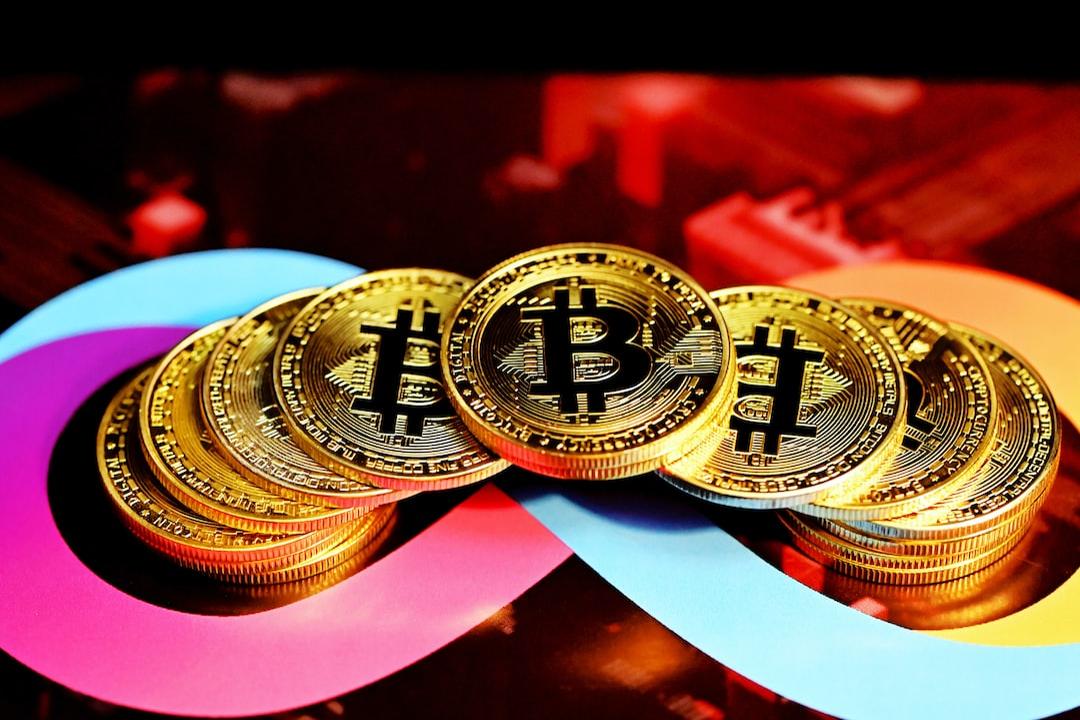Layer-2 protocols on the Ethereum blockchain are about to see a significant reduction in rollup costs with the upcoming Dencun hard fork. However, end-users may not immediately experience the full benefits. According to David Silverman, the VP of Product at Polygon Labs, it will take a few weeks for rollup protocols to fully implement Ethereum’s latest hard fork, which includes several improvement proposals (EIPS). The Dencun hard fork combines the Cancun upgrade of Ethereum’s execution layer with the Deneb upgrade on the consensus layer.
One of the key focuses of the hard fork is EIP-4844, which changes how Ethereum rollups store data on the mainnet. Currently, there is only one type of storage in Ethereum, which is call data storage on the execution layer. This storage is permanent, meaning that all Ethereum nodes must store that data indefinitely. EIP-4844 introduces the concept of blob space, allowing rollups to add cheaper data to blocks. Unlike call data storage, blobs are stored temporarily and are not accessible to the Ethereum Virtual Machine. They are automatically deleted after a fixed period of time. This change significantly reduces the costs for rollups while maintaining the same level of security guarantees.
While the introduction of proto-danksharding has generated excitement within the Ethereum community, Silverman explains that the full impact on rollup costs will only be seen once Dencun is implemented on the mainnet. The Dencun hard fork is scheduled for March 13, after which rollups will need to update their systems to take advantage of the new storage space. Silverman mentions that Polygon and other layer-2 developers, such as Optimism, zkSync, and Arbitrum, are eager to leverage the benefits of the hard fork as quickly as possible.
Dencun represents Ethereum’s shift towards a layer-2-centric scaling approach. The goal is to prioritize rollups for scaling and innovation, while the base chain focuses on stability and security. Silverman emphasizes that these changes will only apply to layer 2 and not the mainnet Ethereum. He also mentions the formation of Roll Call, where major rollup players collaborate and produce improvement proposals.
Although the impact on rollup costs may not be immediate, Silverman anticipates excitement when the hard fork is finalized. As rollups gradually implement EIP-4844, the true impact of proto-danksharding will become evident. Silverman believes that as more layer-2 solutions adopt the blob space, the cost reduction will become even more significant.
In conclusion, the Dencun hard fork is expected to bring about cost reductions for rollup protocols on the Ethereum blockchain. While the full benefits may not be immediately realized, the implementation of EIP-4844 and the introduction of blob space will pave the way for cheaper and more efficient data storage on layer 2. Ethereum’s focus on rollups as the future of scaling demonstrates a shift in strategy towards layer-2-centric solutions.

